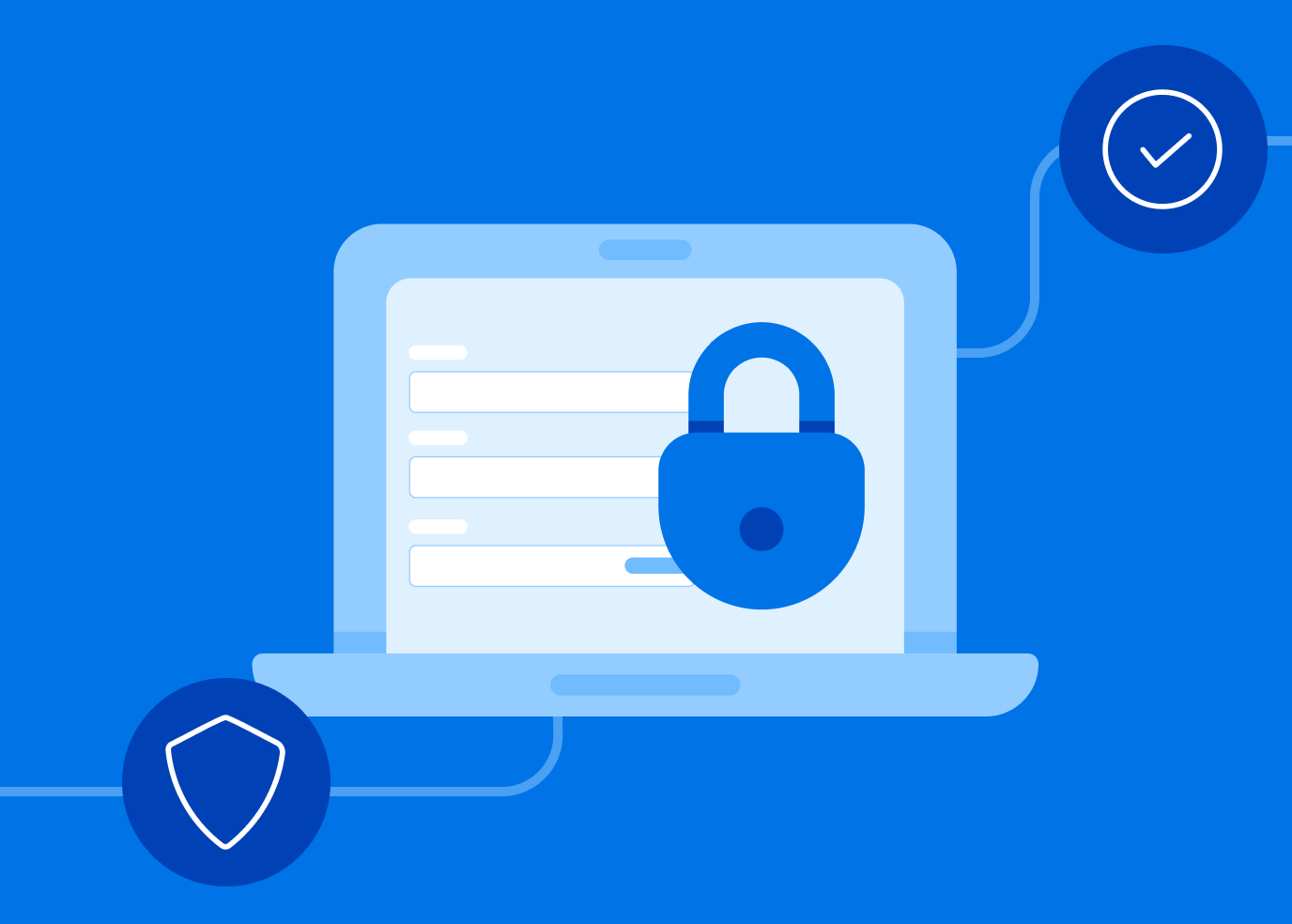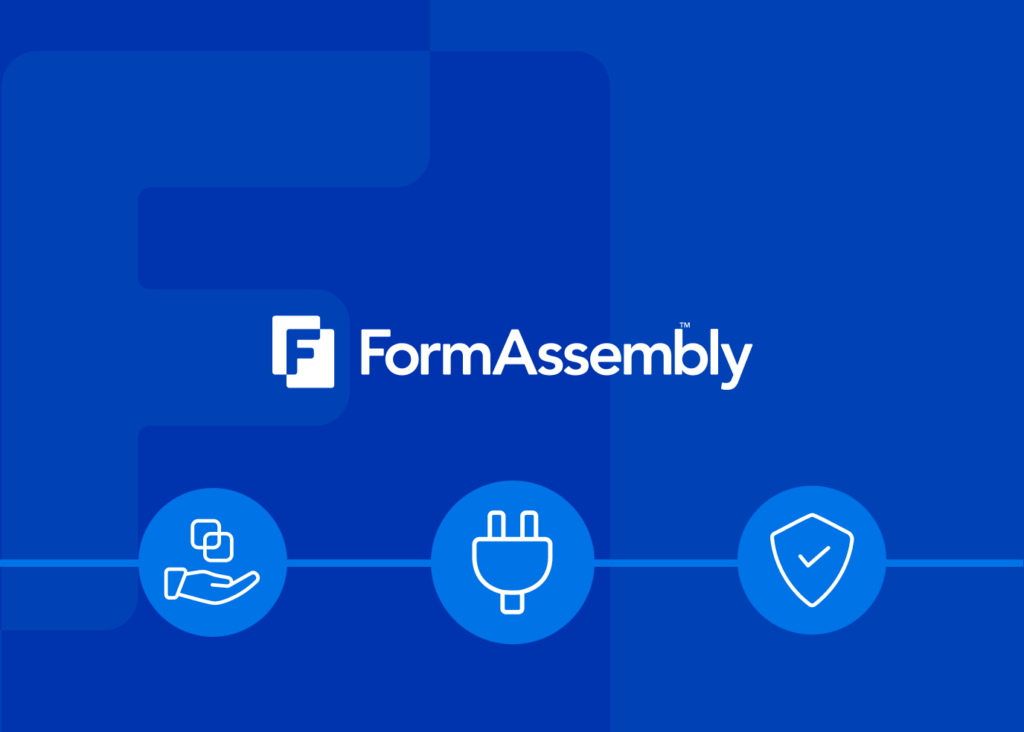Data is valuable, but it is also vulnerable. Did you know, that a 2024 study shared in Forbes showed 93% Of Organizations Had Two or More Identity-Related Breaches in the Past Year (source)? Data stewardship, with a focus on security, is the answer to this alarming reality.
What is data stewardship?
Data stewardship is the responsible management of an organization’s data throughout its lifecycle. But at the heart of effective data stewardship lies a rock-solid commitment to security. Data stewards act as guardians of this valuable asset, ensuring its accuracy, accessibility, and most importantly, its security.
These dedicated professionals are responsible for protecting data from malicious attacks, accidental leaks, and unauthorized access. They implement a robust defense strategy, including advanced access controls, encryption, and comprehensive employee training. By prioritizing data security, stewards build trust among customers, partners, and employees.
Remember, data stewardship is more than just organization; it’s about preservation. In today’s data-driven world, safeguarding customer information is essential for both ethical and business reasons. Strong security measures are fundamental to effective data stewardship.
What is data security?
Data security is the practice of protecting digital information from unauthorized access, corruption, or theft throughout its entire lifecycle. It involves a combination of technologies, processes, and policies to safeguard data from various threats.
In the context of web forms, it specifically refers to protecting user information collected through online forms from unauthorized access, use, disclosure, disruption, modification, or destruction. This is crucial for maintaining user trust and complying with data privacy regulations like GDPR and CCPA.
Now let’s put the two together.
The Interplay of data security and data stewardship
Data security is an indispensable component of data stewardship. It’s the bedrock upon which effective data management is built. While data stewards are responsible for the overall management of data, ensuring its security is a core function.
By implementing robust security measures, data stewards protect the organization’s reputation, preserve customer trust, and mitigate the risk of costly data breaches. This symbiotic relationship between security and stewardship is essential for organizations to thrive.
Data stewardship includes five key tenets — lawfulness, fairness, transparency, relevancy, and security. While data stewardship best practices involve incorporating all five of these tenets, security plays a larger, more direct role in your organization being a good steward of data.
Security is the foundation of good data stewardship practices. From privacy policies and procedures to security audits and team training, security is woven into every core tenet of data stewardship. Security extends beyond your business, too. Your security practices should guide how you select third-party vendors that will have access to data affiliated with your organization.
Practicing good data stewardship and security means:
- Complying with data privacy regulations that apply to your organization
- Minimizing data access to only individuals who need it to do their jobs
- Collecting only necessary data and deleting it once it’s no longer needed
- Regularly providing security awareness training for your team
- Partnering only with vendors that maintain robust security practices
How FormAssembly helps promote data security
When collecting personal data, there will always be some level of risk. The goal of data stewardship is to help minimize this risk by improving security, limiting vulnerabilities, and keeping your team aware. At FormAssembly, we believe data stewardship should be the proactive approach that every organization takes when collecting, processing, and managing data.
We have taken considerable steps to ensure that our data collection platform has the most robust data security and compliance standards for our customers. Our security standards adhere to both national and international data privacy laws, including HIPAA, GDPR, GLBA, and more. Our organization is also PCI DSS Level 1 Certified, SOC 2 Type 2 certified, and maintains FedRAMP Ready status. Customers trust our platform to help securely and compliantly collect data, so they can improve their own data stewardship practices.
Learn more about the importance of data security and good data stewardship practices while collecting data in our eBook, 5 Steps to Implement Data Stewardship at Your Organization.


